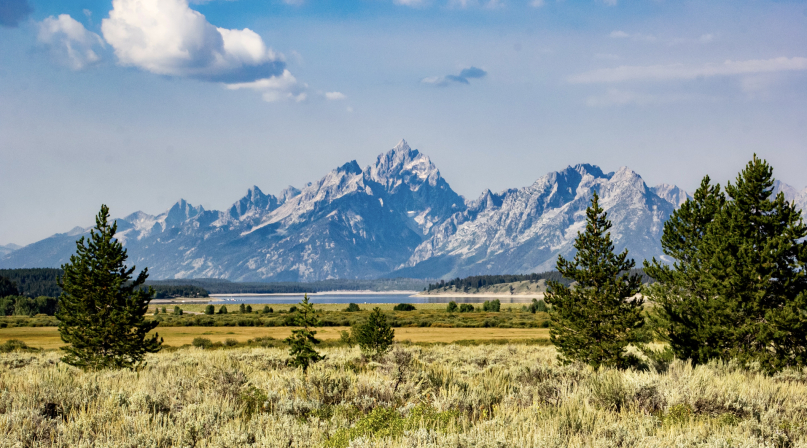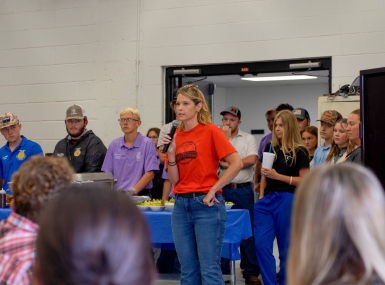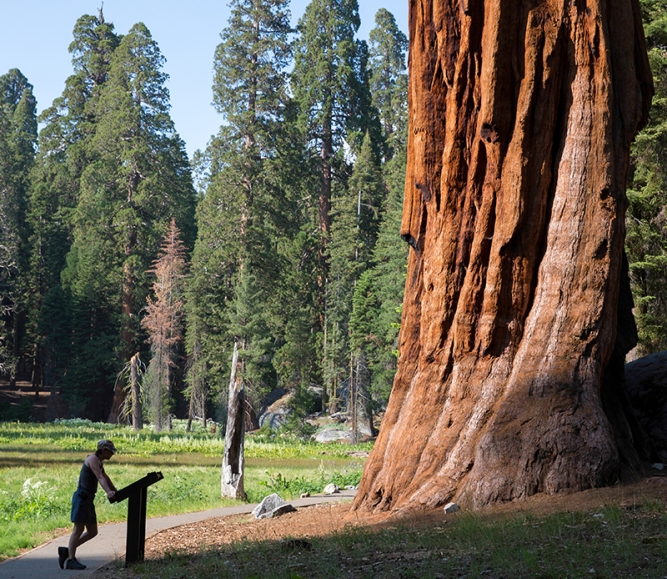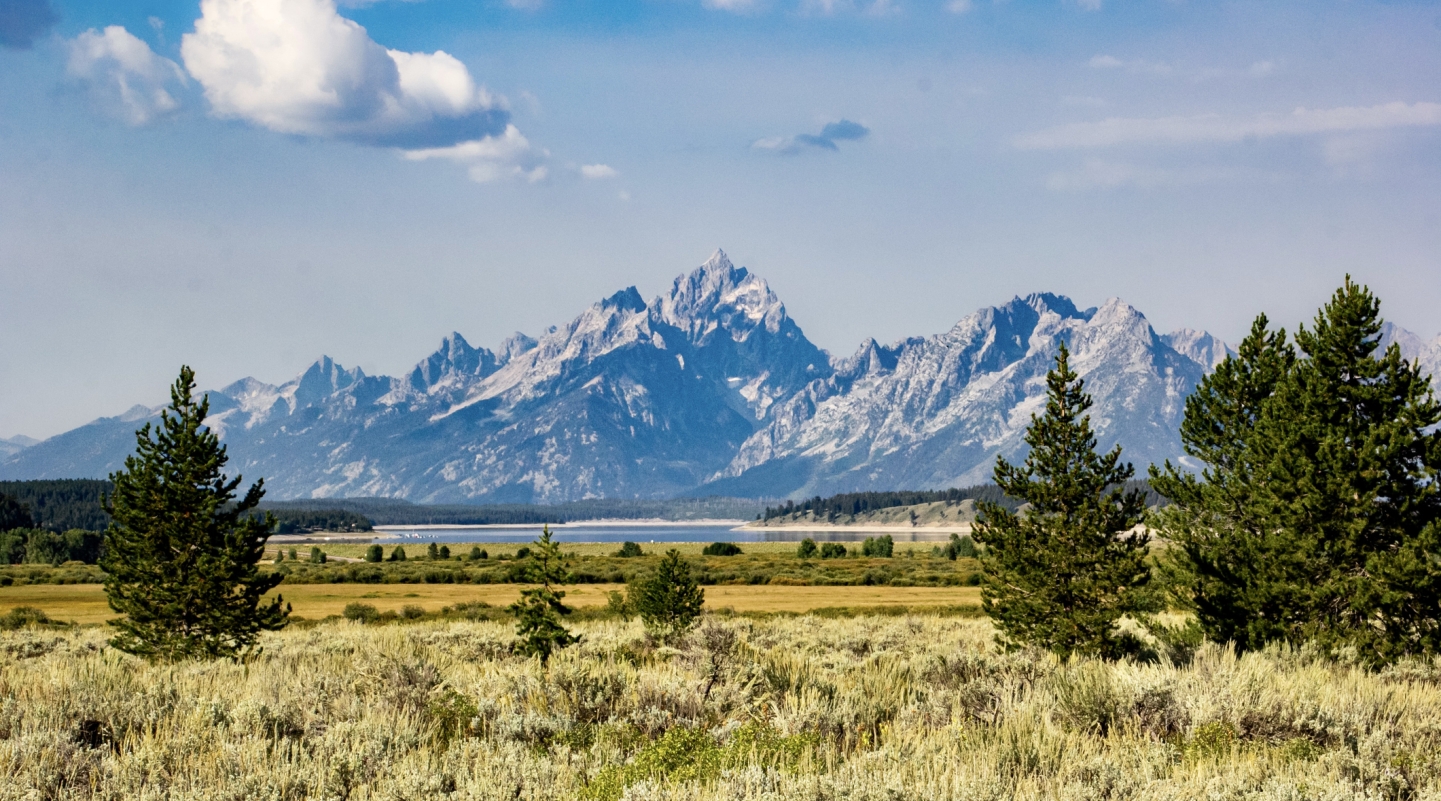Congress Passes Landmark Outdoor Recreation Package
Author

Owen Hart

Joe Jackson
Upcoming Events
Related News

Key Takeaways
On January 4, 2025, President Biden signed the Expanding Public Lands Outdoor Recreation Experiences (EXPLORE) Act (H.R.6492) into law, marking a significant milestone in enhancing outdoor recreation opportunities for county residents and visitors. This historic bipartisan legislation was unanimously passed by the House in April 2024 and by the U.S. Senate in December 2024. The EXPLORE Act will empower counties and our partners to transform outdoor recreation experiences on public lands while fostering healthier, more vibrant communities.
Key provisions of the EXPLORE Act:
- Supporting gateway communities: Tackles housing shortages, parking, infrastructure challenges and overcrowding concerns to foster sustainable economic and community development in public lands counties
- Expanding Good Neighbor Authority: Expands Good Neighbor Authority (GNA) to allow counties, states and Tribes to construct, restore or repair recreation infrastructure on federal public lands under GNA agreements. Allows leftover funds from GNA projects for timber sales to be used by counties on recreation projects
- Modernizing technology: The bill prioritizes modernizing technology at outdoor recreation facilities on public lands to enrich visitor experiences and enhance data collection. This includes initiatives like increasing broadband connectivity at recreation sites, introducing digital recreation passes, and launching pilot programs to monitor visitation
- Streamlining permitting: Streamlines the permitting process and alleviates burdensome fees for outdoor recreation projects and businesses
- Managing park overcrowding: Provides resources to combat park overcrowding by funding parking expansion projects in high-traffic parks and encouraging public recreation in less-traveled areas to relieve pressure on popular destinations
- Enhancing accessibility: Mandates the creation of new accessible trails and recreation opportunities across public lands for residents and visitors with disabilities, ensuring inclusivity in outdoor activities
- Promoting recreation for service members and veterans: Advances opportunities for active service members and veterans to engage in recreational activities on public lands
- Creating long-distance bike trails: Invests in new long-distance bike trails, promoting new recreation and tourism opportunities for county residents and visitors
- Improving access for sportsmen and women: Prioritizes enhancing access for sportsmen and women on public lands, ensuring they can enjoy hunting, fishing and other recreational pursuits with greater ease
- Modernizing campgrounds: Invests in maintenance and facility improvements for federal campgrounds, ensuring that these facilities meet the evolving needs of visitors while preserving the natural environment
Why the EXPLORE Act Matters to Counties:
Counties nationwide stand to benefit significantly from the EXPLORE Act's provisions:
- Economic Development: Investments in outdoor recreation are poised to drive sustainable economic growth, boosting local businesses, creating jobs, and enhancing residents' quality of life.
- Infrastructure Enhancement: Addressing infrastructure challenges in gateway communities will improve economic opportunities, visitor experiences, and overall livability.
- Inclusivity and Accessibility: The focus on accessibility ensures that all residents, including veterans, children, and individuals with disabilities, can engage in outdoor activities.
- Environmental Stewardship: Funding for park development in underserved areas and measures to manage overcrowding support the preservation of natural landscapes and wildlife habitats.
To read a section-by-section summary of the EXPLORE Act, click here.
Related News

Chamber of commerce program helps keep workers on the job
Audrain County, Mo.'s Workforce Resource Assistance Program has helped employers keep staff in place, reducing turnover and promoting stability.

County leadership guides shared prosperity
There’s no chicken-or-egg debate: Economic mobility is not just a byproduct of growth — it is the result of intentional county governance.

Inland port offers opportunity for Hertford County, N.C.
Hertford County, N.C. doesn’t have a lighthouse, but that hasn’t stopped its economic future from shining thanks to what became known as Project Green Lantern.
Webinar
Exploring Outdoor Recreation as a Component of Economic Diversification
Join the BRECC National Network for a conversation on outdoor recreation as a viable component to build a robust, diverse local economy.


National Center for Public Lands Counties
The National Center for Public Lands Counties is dedicated to advancing the policy and practice study of America’s public lands counties. Our mission is to deepen the understanding and address the unique challenges faced by counties containing federal lands through strategic research and collaboration.